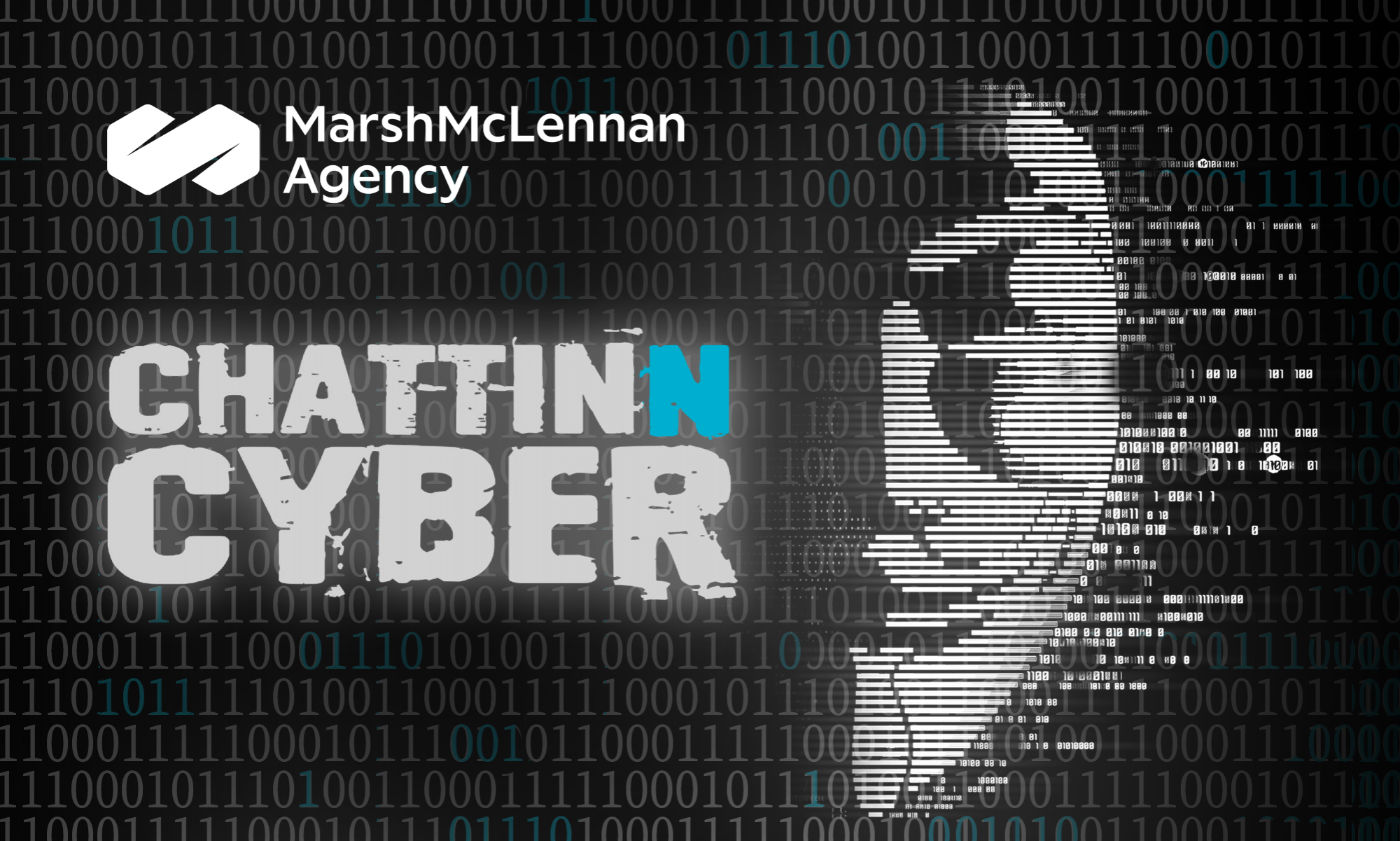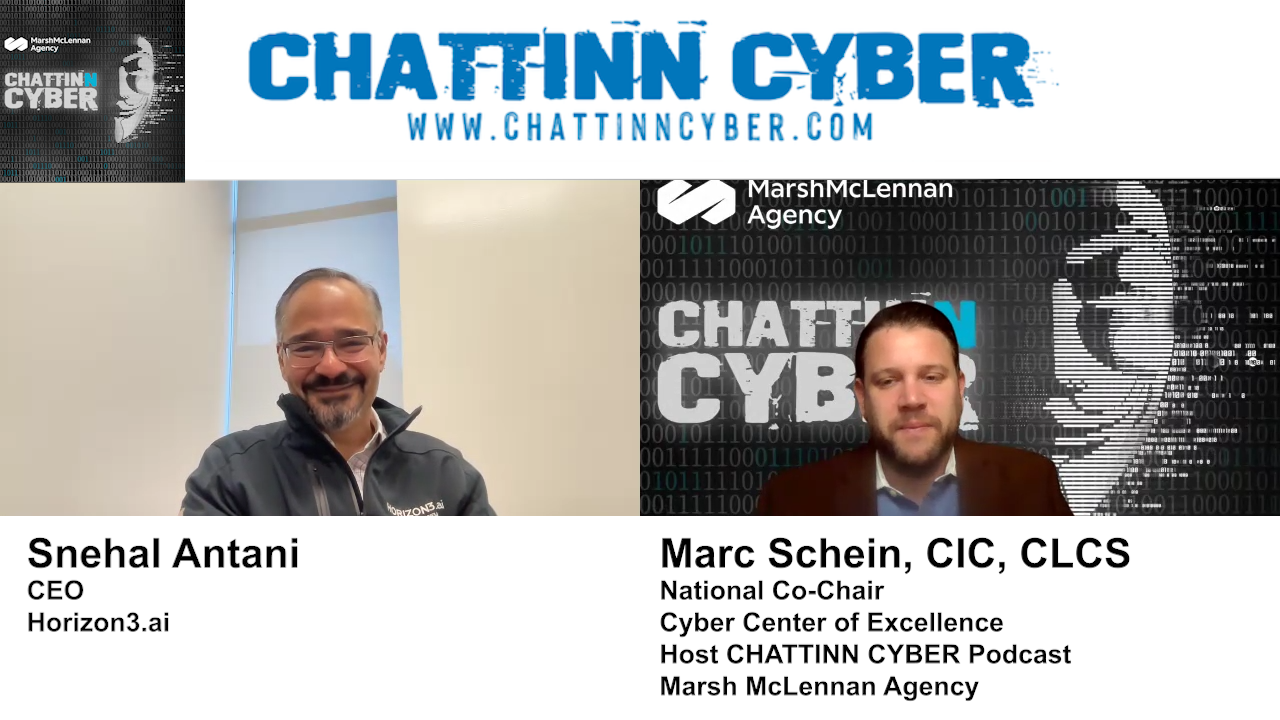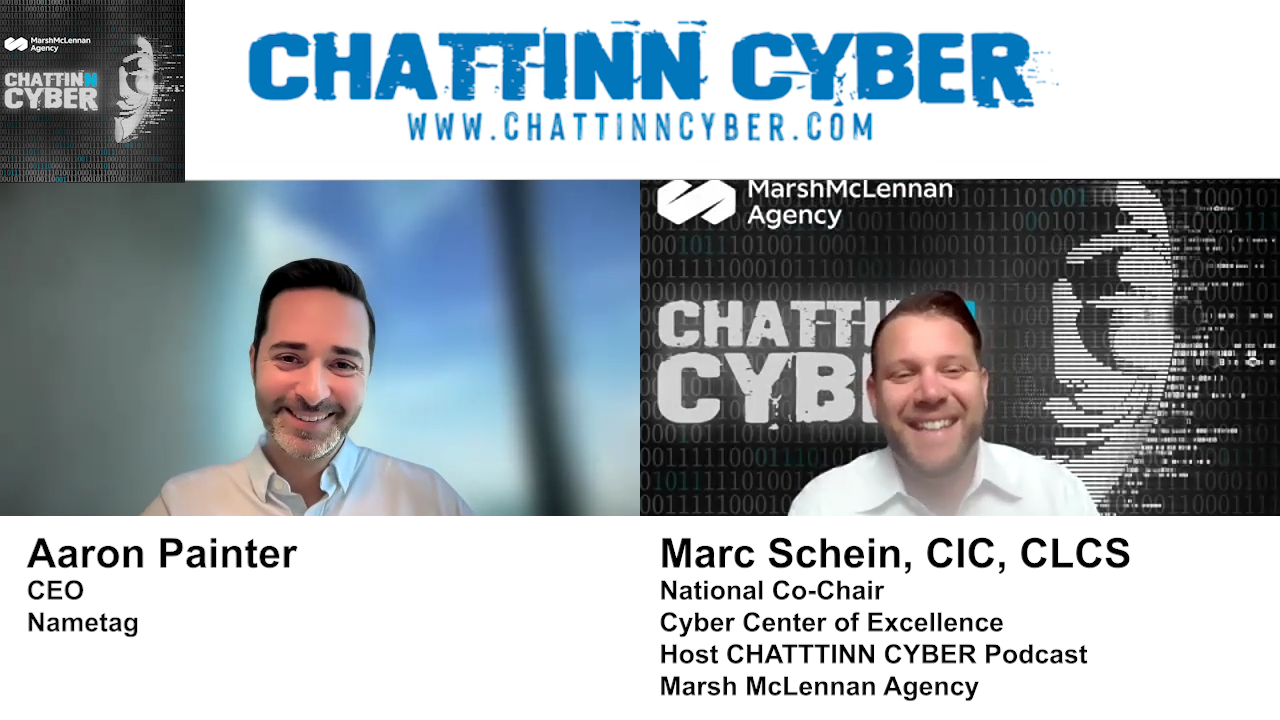Podcast: Play in new window | Download (Duration: 23:33 — 32.4MB)
Subscribe: RSS
Summary
In this insightful episode, Marc Schein interviews Snehal Antani, the CEO and co-founder of Horizon3.ai, about his entrepreneurial journey, the evolution of his company, and the future of cybersecurity. Snehal shares how Horizon3.ai grew from a handful of engineers working in a basement to a cutting-edge firm revolutionizing autonomous penetration testing. He walks listeners through the different startup phases, emphasizing how critical it is to develop a repeatable sales process, retain customers, and build operational excellence at scale.
Snehal discusses the complex challenge of preserving organizational culture during rapid growth, highlighting mistakes made during their first hyper-growth phase and the importance of investing in strong, well-indoctrinated management. He explains how a thoughtful approach to onboarding managers as cultural ambassadors ultimately led to a more stable, scalable team.
He offers a candid perspective on venture funding—detailing both the pitfalls of dealing with inexperienced investors and the value of bringing on seasoned operators as board mentors. Snehal uses his experience with crises, including the collapse of Silicon Valley Bank and the loss of his father, to underline the importance of developing “muscle memory” within leadership teams. He compares this to special operations units, where preparation and planning allow for excellence under pressure.
The episode shifts into technical terrain with a compelling explanation of autonomous penetration testing. Snehal shares how Horizon3.ai developed a system capable of autonomously discovering vulnerabilities and compromising environments without human input—essentially transforming cyber warfare into an algorithmic domain. He compares pen testing to chess, where well-defined opening and closing moves are followed by dynamic midgames.
Finally, Snehal forecasts a future in which cyberattacks will be AI-powered and nearly instantaneous. He warns that most current defensive tools are designed for human-centered responses, which will soon be obsolete. As evidence, he cites Horizon3.ai’s autonomous agent compromising a bank in under five minutes—twice as fast as the previous year. He predicts the first deepseek-enabled cyberattack within 90 days, calling it a wake-up call for the industry.
Key Points
- Startup Phases: Snehal outlines the four key startup phases: building value, repeatable sales, scaling operations, and achieving operational excellence.
- Culture During Hypergrowth: The key to scaling culture is hiring the right management and giving them time to assimilate before they scale their teams.
- Autonomous Pen Testing: Horizon3.ai’s agent can autonomously discover and exploit vulnerabilities without human involvement.
- Crisis Leadership: True leadership is tested during crises; muscle memory and planning are essential for executive teams.
- AI-Powered Cyber Threats: Snehal predicts that the next wave of cyberattacks will be powered by open-weight AI models capable of adaptive exploitation.
Key Quotes
- “You want to build that muscle memory as a CEO as early as possible… so you can stack excellence upon excellence.”
- “PowerPoint is cheap. YouTube videos are cheap. Let our results do the talking.”
- “My primary competitor is mediocre consultants.”
- “Every defensive tool in the market today is designed for humans at the center—and every one of them will be rendered obsolete.”
- “The future of cyber warfare will be algorithms versus algorithms, and humans by exception.”
About Our Guest
Snehal Antani is the CEO and co-founder of Horizon3.ai, a pioneering cybersecurity company that leverages artificial intelligence to autonomously conduct penetration testing. Before founding Horizon3, Snehal served as the first Chief Technology Officer for the Joint Special Operations Command (JSOC), where he was instrumental in leading initiatives in data analytics, cloud/edge computing, and cybersecurity as part of the Commander’s executive team. His extensive experience also includes roles as CTO and Senior Vice President at Splunk, multiple CIO positions at GE Capital, and starting his career as a Software Engineer at IBM. Snehal holds a Master’s in Computer Science from Rensselaer Polytechnic University and a Bachelor’s in Computer Science from Purdue University, where he was recognized as their 2023 Distinguished Alumni. With 18 patents to his name, he is driven by a purpose to solve meaningful problems, create significant impact, and foster a culture of continuous learning. His leadership principles emphasize servant leadership, prioritizing business needs over political popularity, and letting results speak for themselves.
Follow Our Guest
About Our Host
National co-chair of the Cyber Center for Excellence, Marc Schein, CIC,CLCS is also a Risk Management Consultant at Marsh McLennan Agency. He assists clients by customizing comprehensive commercial insurance programs that minimize the burden of financial loss through cost effective transfer of risk. By conducting a Total Cost of Risk (TCoR) assessment, he can determine any gaps in coverage. As part of an effective risk management insurance team, Marc collaborates with senior risk consultants, certified insurance counselors, and expert underwriters to examine the adequacy of existing client programs and develop customized solutions to transfer risk, improve coverage and minimize premiums.
Follow Our Host


